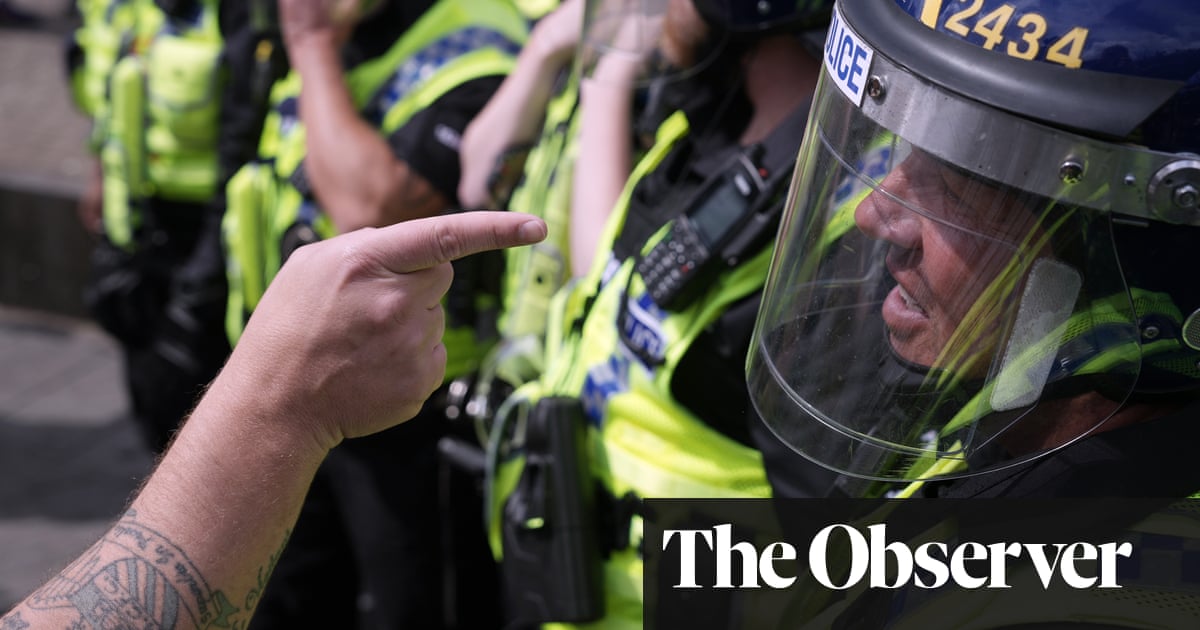Key insights
-
1
The Role of Algorithms: The article highlights how social media algorithms prioritize sensational and polarizing content, which often includes far-right narratives. This creates an echo chamber, reinforcing users' pre-existing beliefs and making it easier for extremist groups to recruit new members.
-
2
Impact on Public Discourse: The spread of far-right content on social media has had a significant impact on public discourse in the UK. The article explains how this has led to increased polarization and a breakdown in civil debate, making it harder to address complex social issues.
-
3
Real-World Consequences: The article provides examples of recent far-right riots in the UK that were organized and fueled by social media. It discusses the real-world consequences of online radicalization, including violence and social unrest.
